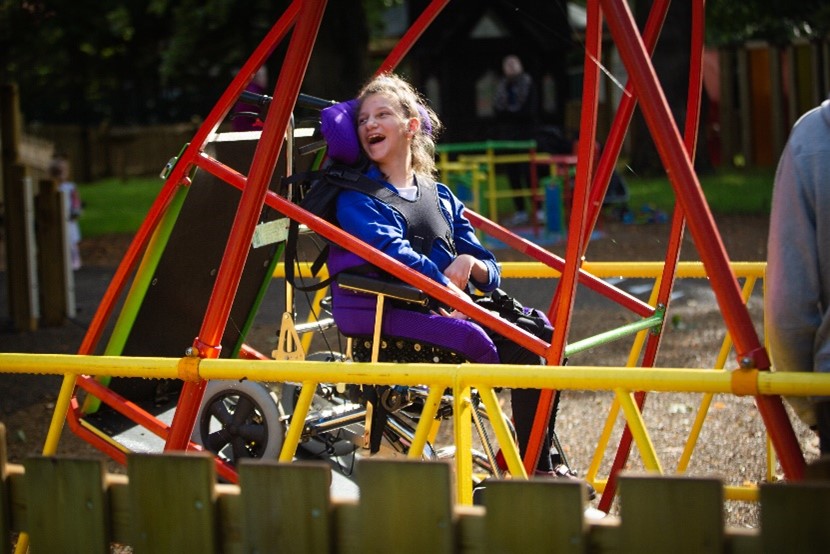Catholic schools have a long history of welcoming pupils with special educational needs and disabilities (SEND) and were among the first to be established for this purpose in the last century.
At the heart of every Catholic school sits the person of the Lord Jesus Christ and the teachings of the Catholic Church on the God-given dignity of each human life. Each and every person is to be valued as God’s creation. The Church’s vision is firmly rooted in the example of Jesus, who turned no-one away, but made himself available to all.
Across England and Wales there are overall 25 non-maintained Catholic SEND schools and independent Catholic schools approved for SEND provision.
 Local councils frequently pay for non-Catholic pupils to attend these schools because the standard of SEND education is the best in the area.
Local councils frequently pay for non-Catholic pupils to attend these schools because the standard of SEND education is the best in the area.
Catholic special schools are a small but important part of the Catholic education sector yet sadly they are often forgotten or overlooked in the national education arena.Some academic research even denies the existence of ‘faith’ special schools, which can distort conclusions about the number of students with SEND in Catholic schools.
Similarly, national statistics can also overlook local government placing and funding non-Catholic children with Education, Health and Care Plans (EHCPs) in independent and non-maintained Catholic SEND schools.
St Rose’s (pictured) is a non-maintained, all-through (combined primary and secondary) school founded by the Dominican Sisters of St Rose’s Convent, in Stroud, Clifton Diocese, in 1912. Rated as ‘outstanding’ in its latest Catholic Schools Inspectorate report, meeting students’ educational potential and enabling independence are key parts of the curriculum.
This involves teaching life skills such as nutrition, money management and time management, while wheelchair-accessible transport provides opportunities for trips to go shopping, ice skating, and more. Other activities students enjoy include horse riding, yoga, and swimming in the St Rose’s hydrotherapy pool.
The school grounds are also home to St Martin’s, a Catholic residential college for students with SEND aged 19-25, which delivers a work-related learning and careers programme, work experience placements, and mentoring.
Sheila Talwar is Principal of St Rose’s and St Martin’s. She said: “The thing for me is how important it is our students have the opportunities that mainstream children have. In the past, our young people have been able to go to university and have careers, such as qualifying as a social worker, or working for the BBC, and one student became a member of the Para Orchestra. These days our students have more complex needs, and our focus is on preparing them for their adult lives with as much independence as possible.”
Find out more about St Rose’s and St Martin’s – or read on for the extraordinary global success story of a Liverpool Catholic specialist school for visually-impaired children

